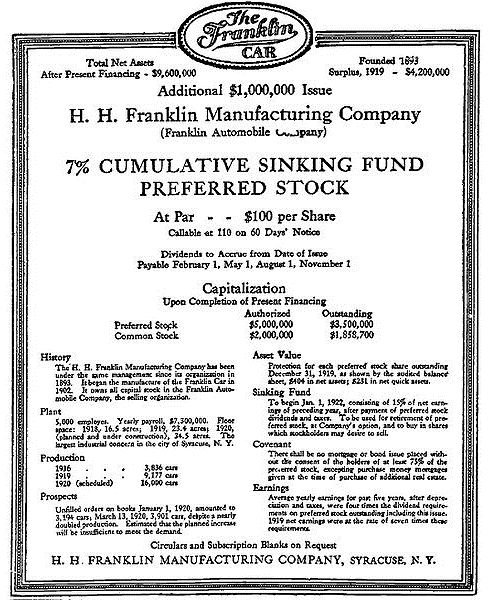Guide to Buying Dividend Stocks: How to Time Buying Before Dividend Payout
When a company declares a dividend after approval by the board of directors, the dividend is not generally paid immediately. When the company announces a dividend, it is considered to be the date a dividend is declared or the “declaration date”. Although dividends may be declared at any time the company wishes to do so, they are typically announced at the same time as an earnings report is released, which may be quarterly, twice a year or annually. This is largely determined by the company.
When a company announces a stock dividend, they also advise their shareholders (and those who are non-shareholders since this is public information) what date the dividend is to be paid. Some investors may decide that they wish to “chase” the dividend to improve their chances of making money on a stock. It is not necessary for a shareholder to own shares on the date that the dividend is declared nor do they need to own the stock on the day that the dividend is paid.
This leaves many shareholders wondering how to time buying dividend stocks before dividend payout. The answer to this question lies largely with the investors anticipated return on the stock. Unlike bonds and certificates of deposit, stocks have a three day settlement period. In order to capture a dividend a shareholder would have to purchase shares three days prior to the date that the company has deemed is the “ex-dividend” date. Ex-dividend dates are set at the time that the dividend is declared and are typically announced at that time. A shareholder who sells stock that settles prior to ex-dividend date will not be entitled to the dividend while shareholders who purchase the stock that settles prior to ex-dividend date will be entitled to the dividend.
Cautions: Chasing Dividends Can Create Losses

Generally, a company sets their ex-dividend date two days prior to the payment of the dividend. This means that in order to be eligible for a dividend a potential shareholder would need to purchase the shares not less than five business days prior to the dividend payment date. This is because stocks settle at what is called “Tplus3” settlement (cds and other instruments settle in two days).
Chasing dividends can be a dangerous investment strategy, especially in a bear market. If a stock has been steadily rising in price, it could pay off. However, there are factors that must be considered before trying this risky strategy:
Commissions eat up gains - All stock transactions carry fees in the form of commissions that are paid to stock brokers. In addition, there are often other fees associated with trades such as SEC fees or other associated fees;
Some dividends are paid in stock - Some companies elect to pay the shareholder dividends in the form of additional shares. In this case, the shareholder of record would have additional shares that they could liquidate. In this instance, the additional shares of stock may also increase the commissions that needs to be paid;
Dividends are factored into stock prices - When a company declares a dividend, it is not uncommon for the share prices of a company to increase. This increase often reflects the bulk of the dividend. It is not unusual for the share values to drop on the date that the dividend is paid to the shareholders who are entitled to them.
Investing in the stock market requires sound investment advice. It is prudent to contact a responsible investment advisor if you are considering chasing stock dividends as a method of increasing your wealth. This trading tactic can be dangerous and result in unexpected losses.
Resources
Sources:
- Securities and Exchange Commission: Stock Ex-Dates: https://www.sec.gov/answers/dividen.htm
Dividend.com
- Dividend Dates https://www.dividend.com/dividend-stock-library/dividend_date.php
- Dividend Stock Information: https://www.dividend.com/dividend-stock-library/dividend_stock_information.php
Investopedia - Dictionary
- Settlement Periods: https://www.investopedia.com/terms/s/settlement_period.asp
- Ex-Dividend https://www.investopedia.com/terms/e/ex-dividend.asp
- Declaration Date: https://www.investopedia.com/terms/d/declarationdate.asp
Image Credits
- Stock Dividends: By Boston Globe (Boston Globe) [Public domain], via Wikimedia Commons https://commons.wikimedia.org/wiki/File:Franklin-auto_1922-0618_dividend.jpg
- Caution: via wikimediacommons.org/public domain: https://upload.wikimedia.org/wikipedia/commons/thumb/6/6e/Dialog-warning.svg/2000px-Dialog-warning.svg.png
